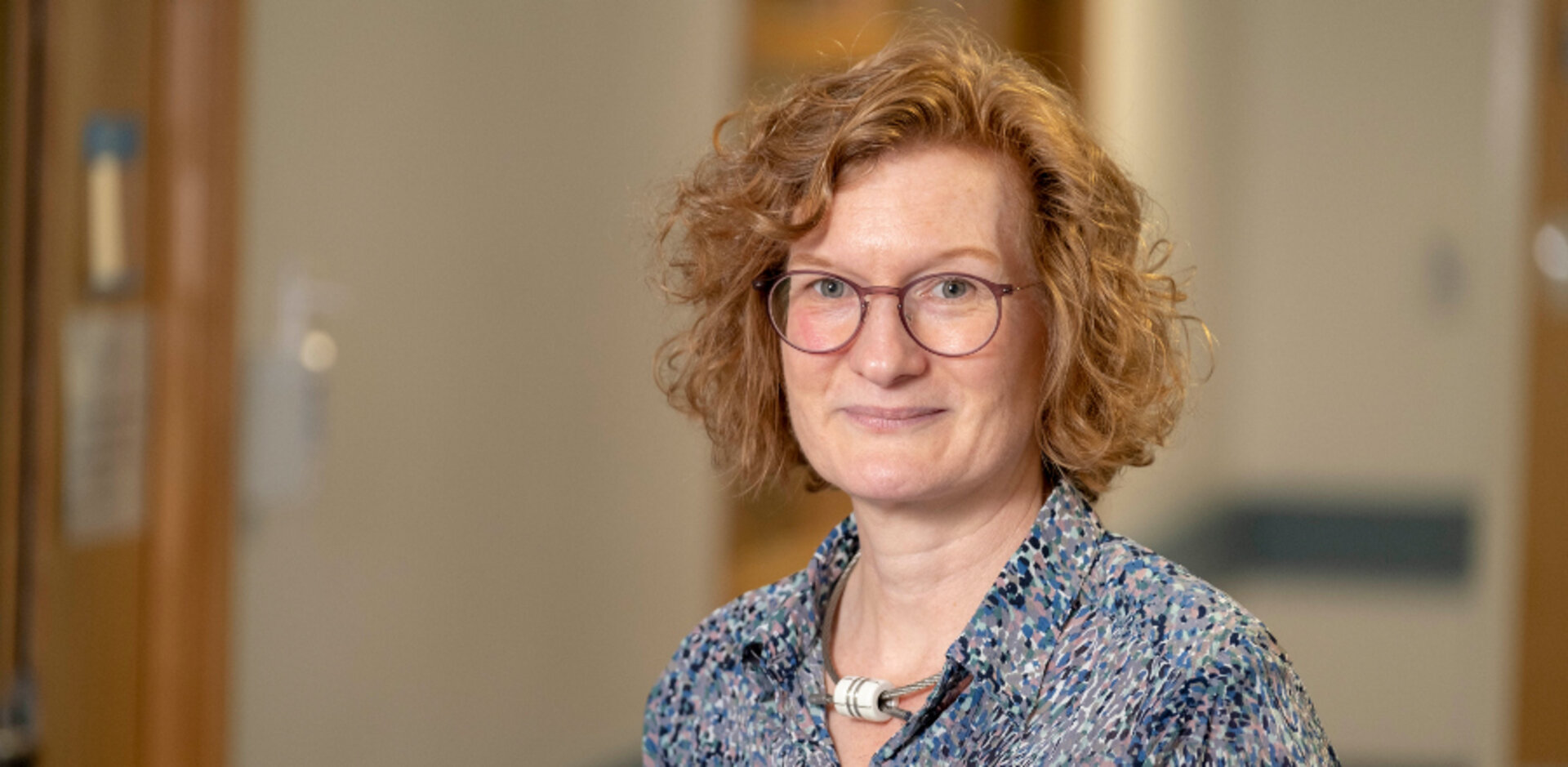Sexual health research highlights new ways of engaging women of colour at risk of HIV

Research carried out by world-renowned sexual health expert Professor Claudia Estcourt, US research student Sarah Nakasone and colleagues has found that much more needs to be done to ensure women of colour at risk of HIV have access to PrEP (pre-exposure prophylaxis) to prevent HIV infection.
Professor Estcourt, GCU’s Clinical Professor of HIV and Sexual Health co-authored the study, entitled ‘Risk perception, safer sex practices and PrEP enthusiasm: barriers and facilitators to oral HIV pre-exposure prophylaxis in Black African and Black Caribbean women in the UK’, published in the BMJ - Sexually Transmitted Infections journal.
The research found that multi-layered influences including interpersonal networking around sexual health and community stigma shape Black African/Black Caribbean women’s perceptions of safer sex and willingness to use PrEP.
Key recommendations were that PrEP campaigns must engage with community norms around safer sex to increase uptake in Black African/Black Caribbean women, women-focused PrEP marketing is needed with tailoring of messages to different points during their lives, Black African/Black Caribbean women may be unlikely to access PrEP through sexual health services so alternative community-based delivery models should be considered.
Some of the key areas highlighted for improvement in the service will form part of Scotland’s future HIV strategy.
Professor Estcourt explained: “PrEP, pre-exposure prophylaxis, is medication which people at risk of HIV can take to prevent them catching the virus. It is extremely effective and reduces the risk of HIV by up to about 80 per cent.
“Public Health Scotland data shows that the PrEP programme is very successful with the greatest benefit seen in men who have sex with men yet we know there are some women from black and minority ethnic groups, particularly at risk, who are not getting the benefits - not just in Scotland but across the UK and most European countries.
“We began the research because community organisations representing BME groups felt that the benefits of PrEP have not been felt by people in their communities at risk of HIV. It was obvious we were not getting to enough women.
“We conducted research with these groups to try and better understand their risk perception of HIV and PrEP, why women in these groups were not getting the treatment and how they can be better served in the future.
“That research gave us very important information to help us understand why uptake of PrEP by women of colour is so poor and gave us some pointers as to where we would want to prioritise future PrEP provision to reach women who would benefit in the future.
“Our research student Sarah, who was an undergraduate at the time from Chicago University, led the study. She was very impressive. This research shows how openness in collaborating, even if with someone relatively junior like Sarah, can achieve great things.”
The researchers collaborated with the University of Edinburgh; PrEPster, London; University of Glasgow, University of Chicago; University College London; and the Africa Health Research, South Africa.
Sarah is currently a Marshall Scholar in the UK at the London School of Hygiene and Tropical Medicine and will be attending the University of Cambridge next year.
She met Professor Estcourt while working with the Africa Health Research Institute in KwaZulu Natal, South Africa.
Sarah said: “I had been doing work in South Africa around PrEP for young women when Claudia offered me the chance to come to the UK and work with her on how we could increase PrEP uptake in women of colour and I happily jumped at the opportunity.
“I'm immensely proud of the work we did on this study. Women's voices are so little heard in HIV prevention. This study elevated women's voices - especially women who are survivors of violence, asylum seekers, and migrants - and afforded them the status they deserve - partners and experts in HIV prevention for their communities.”
The research paper can be found here and on AIDSMAP news, the most important HIV resource in the UK for patients and healthcare providers, here.
